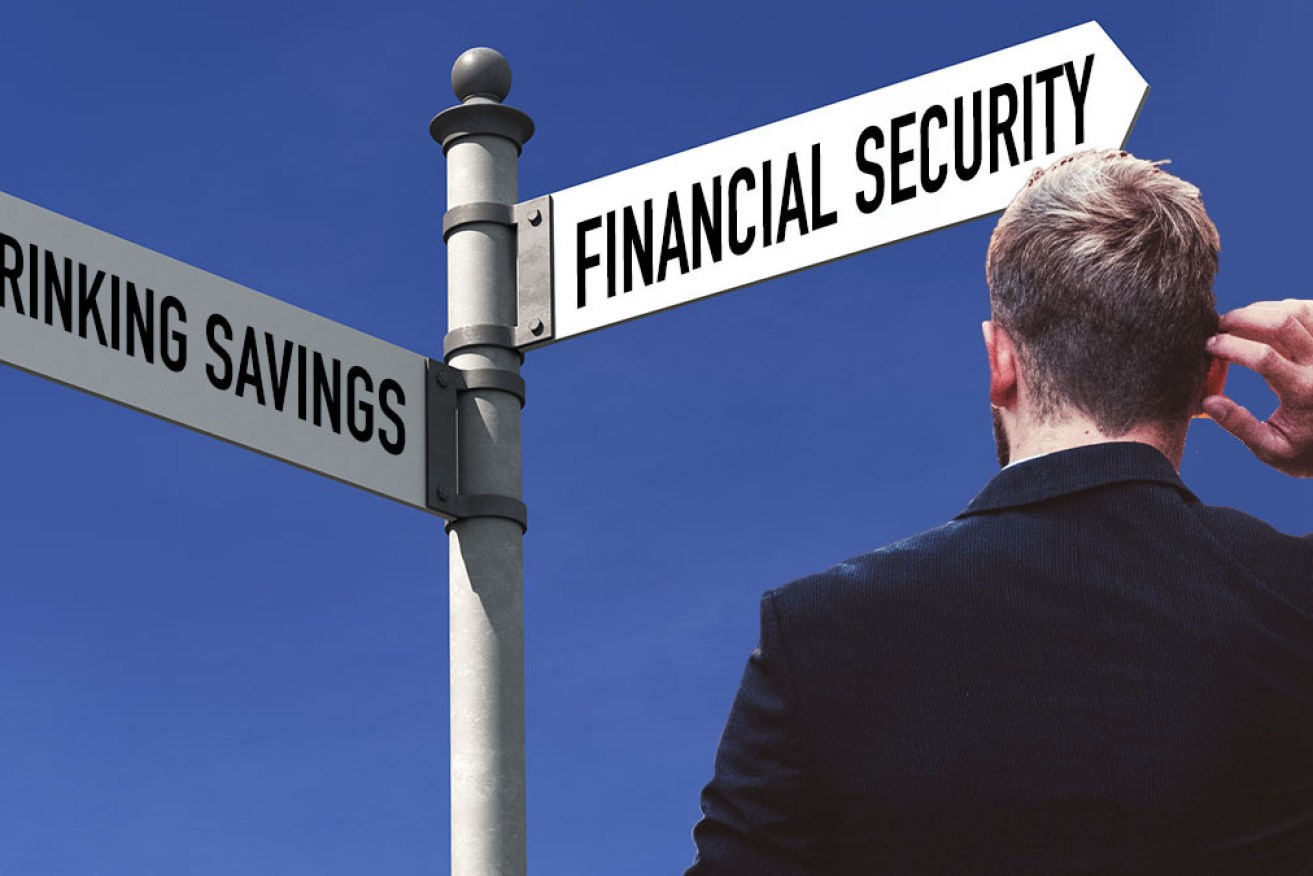Fed up with falling savings rates? Here are some alternatives


To achieve some of our financial goals, we might have to look beyond savings accounts. Photo: TND
You’re fed up with the cash tucked away in your savings account earning diddly squat.
The Reserve Bank’s move to slash the official cash rate to a record low 0.1 per cent this week was good news for home owners, but for other Australians, it meant even weaker returns on their hard-earned savings.
But before you raid your savings account to invest in shares or top up your superannuation, take a step back and consider your goals, timeframes and spending habits.
Fitzpatricks Private Wealth financial adviser Gianna Thomson said the first step towards making your money work harder for you is working out whether you will need the cash within two years for things like holidays, weddings or study expenses.
If that’s the case, you’re probably better off leaving your money in a savings account.
But if you won’t need to draw on your funds for at least another five to seven years, then consider investing in property, individual shares, or options that spread your risk, such as managed funds or exchange-traded funds, which are managed funds traded on exchanges like the ASX.

ANZ is offering a base rate of just 0.01 per cent.
Ms Thomson said in some instances it can be worth borrowing money to invest to boost returns. But obviously that strategy would magnify any losses.
Independent Wealth Partners financial planner Cameron Howlett said topping up your superannuation is another tax-effective option, as contributions are taxed at 15 per cent, which is less than the 32.5 per cent paid by the average Australian wage earner.
But keep in mind that you won’t be able to access your superannuation until age 60, if born after July 1, 1964.
Saving’s only half the story
Mr Howlett said in the case of many saving for their first home, small dips in deposit rates will only dent their savings by a few hundred dollars, which can be recouped by curbing spending.
He said the best way to trim spending is to maintain the expenses that bring you joy – such as going out with friends or playing sport – and to eliminate the expenses that don’t offer much value, such as takeaway food and wine.
“More often than not, the $100 that they’ve lost by not getting the best interest rate they can pick up 20 times over or 50 times over by actually concentrating on where they want to spend their money.”
Ms Thomson agreed that while saving and investing are important elements of preparing yourself financially for the future, often people forget to look at day-to-day discretionary spending, particularly emotional purchases made online.
“I could recommend the best financial strategy for someone, but if they can’t get the basics right and keep overspending on clothes or something else because they are trying to make themselves feel happy in some sort of way because something else is missing, it’s just not going to work,” she said.
Tweet from @euanblackwrites
Give yourself an allowance
A smart strategy to curb unchecked spending is to pay yourself ‘play money’ every week into a separate account, so you can spend that set amount guilt-free without going over budget.
“We all need to still enjoy the finer things in life,” Ms Thomson said.
“If you don’t do that then I find people – it’s a bit like trying to stick to a diet; they’re really good for a couple of days and then you just get sick of it and go and eat a tub of ice cream.”
Ms Thomson said it’s also important to leave some money in an account you access quickly in case of an emergency.
Although three to six months of living expenses is a good rule of thumb, exactly how much cash you should have in your emergency fund depends on a range of individual factors like whether you are single, have dependent children, or have income protection insurance.
The information provided in this article is general in nature and does not constitute personal financial advice.
The New Daily is owned by Industry Super Holdings








